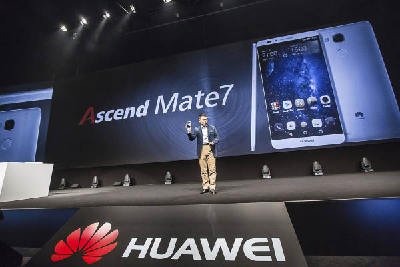Japanese PM rejects to admit aggression war ruled by Potsdam Proclamation
Japanese Prime Minister Shinzo Abe on Wednesday rejected to recognize a rule of the Potsdam Proclamation which said the war Japan waged over 70 years ago is an aggression war, even declined to comment on whether the war was right or wrong.
During a Diet debate between Japanese political parties, the head of the Japanese Communist Party Kazuo Shii asked Abe to make a comment on the Potsdam Proclamation which said the war Japan waged falls into the category of aggression which aimed at occupy the world.
The prime minister rejected to comment on the historic documents which accelerated the end of the WWII and claimed that he did not noticed this part in the proclamation so that he can not make a comment.
Shii further questioned Abe that whether the prime minister recognizes the Potsdam Proclamation, but Abe again shunned from answering, saying that accepting the Potsdam Proclamation was a way that Japan ended the war.
The opposition party leader Shii said the world-recognized document clearly states the war Japan wage was an aggression war and the prime minister is reluctant to acknowledge the basic fact and unwilling to recognize the war was a wrong policy.
Shii said that the Abe's administration spared no effort to exercise the right to collective self-defense so as to help defend the United States, but the country's leader could not make a just decision since he himself even have no idea about the justice and injustice of the war Japan launched in the past.
China, the United States and Britain on July 26 in 1945 declared the Potsdam Proclamation urging Japan to surrender and demand Japan follow the Cairo Declaration. Both of the two documents are the cornerstone of the postwar international order.
The Japanese prime minister said he will issue a statement in the summer that marks the 70th anniversary of the end of WWII, but hinted that he will not offer apology to victim countries of Japan 's wartime barbarities. The move triggers ire from Japan's neighboring countries and drew wide criticism at home and abroad.
Source: Xinhua

